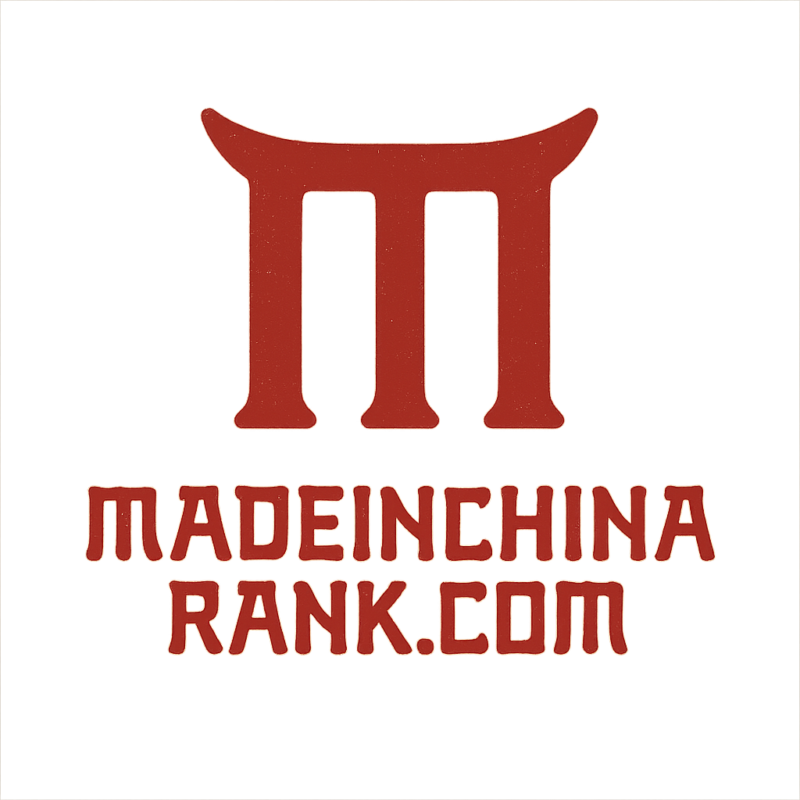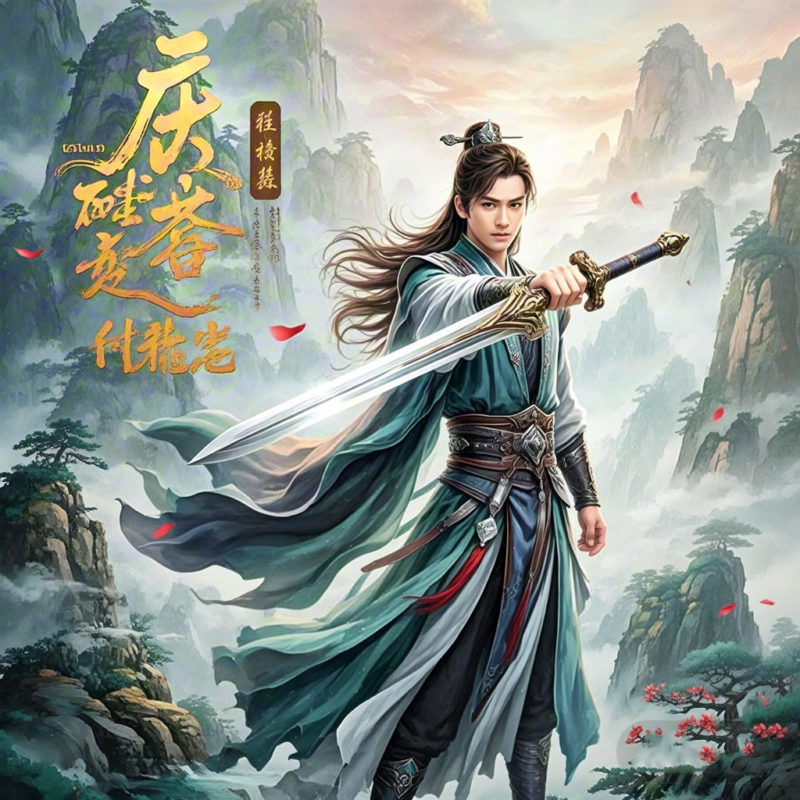1. Origins and Premise: Fan Xian Reborn in a Wuxia Dynasty
Qing Yu Nian (庆余年), often translated as Joy of Life or Thankful for the Remaining Years, is a Chinese Wuxia‑style novel written by Mao Ni (猫腻), originally serialized on Qidian and spanning over 7 volumes and roughly 746 chapters, combining intrigue, martial arts, political scheming, and philosophical reflection (joy-of-life.fandom.com). The story opens with the protagonist Fan Xian, born into the fictional Southern Qing Empire, notably with memories of the 21st century, which he retains despite being raised in a feudal era, creating a central tension between modern logic and ancient customs.
Though Fan Xian begins life as the unrecognized, illegitimate son of the Minister of Finance, raised in a humble coastal town by his grandmother, he serendipitously acquires martial arts training under the blind bodyguard Wu Zhu, becomes adept in poisons, and survives multiple early assassin attacks—each attempt only deepening his desire to uncover the mystery behind his mother Ye Qingmei, the creator of the empire’s intelligence network known as the Overwatch Department (webnovel.com).
2. Dual Identity and Character Complexity
Fan Xian’s dual essence—as both modern‑minded and deeply immersed in Jianghu power politics—is the novel’s creative fulcrum. His twenty‑first-century knowledge grants him intuition in medicine, chemistry, strategy, and psychology, letting him navigate conspiracies and survive assassination attempts with analytic calm. Yet he harbors filial loyalty, devotion to tradition, and occasional impulsive weaknesses—themes that add depth as he transitions from carefree youth to formidable strategist.
His upbringing is shaped by Ye Qingmei’s hidden benevolence and sacrifice, yet he frequently wrestles with ambivalence over the empire’s secrets. Introduced to court life amid multiple royal brothers, imperial officials, and a princess contract—he meets Lin Wan Er, the illegitimate daughter of the princess he is betrothed to—and finds both romance and unexpected political liability.
3. Court Intrigue and Political Chess
• Navigating Power in Southern Qing Capital
Once Fan Xian arrives in the capital to investigate his own attempted assassination, he is thrust into a labyrinth of court factions, royal succession struggles, intelligence operations, and personal vendettas. His intelligence background makes him a prime candidate for the Overwatch Department, whose leader Chen Pingping (played memorably by Wu Gang in the adaptation) becomes both mentor and moral guide.
Fan Xian gains attention by resolving crises in the imperial treasury, overturning plots seeded by ambitious princes, and defending imperial secrets. His diplomatic composure and subtle use of modern insight—such as preparing antidotes and predicting betrayals—win grudging respect from allies and foes alike.
• Shifting Loyalties, Hidden Enemies
As the emperor and princes grow wary of Fan Xian’s influence, alliances shift. Prince Jing (the fourth son), Prince Hong, and the intellectually capable Crown Prince all have designs of their own, yet Fan Xian forges uneasy alliances with some while encountering hostility from others. He learns that his mother Ye Qingmei’s legacy pervades every corner of palace power—including hidden spy networks, secret vaults, and even imperial lineage itself (wikipedia).
4. Romantic Entanglements and Emotional Stakes
Romance in Qing Yu Nian is subtle, complex, and intricately woven into political cost. Fan Xian’s connection with Lin Wan Er begins as pragmatic—she is both his engaged spouse by royal decree and his emotional confidante. Their relationship develops amid palace duties, clandestine conversations, and episodes of illness that display Lin Wan Er’s vulnerability and Fan Xian’s protective intelligence.
Meanwhile, other romantic subplots emerge—Fan Xian’s youthful fascination with his childhood sister Fan Ruo Ruo, his loyalty to maid‑turned‑companion Si Lili, and interactions with figures such as Haitang Duoduo and Ren Shaoan. These relationships are neither superficial nor formulaic—they underscore the protagonist’s emotional growth, moral dilemma, and ultimate decision to pursue tranquility over ambition.
5. Major Plot Arcs: From Local Mystery to Imperial Overthrow
• Assassination Mystery and Revenge
Fan Xian’s early quest centers on discovering who ordered his assassination and why, a hunt that takes him to capital conspiracies and betrayal by long‑trusted figures. He is gradually drawn into court politics, summoned into the Overwatch Department, and set on course to challenge the emperor’s secrets.
• Overwatch Department and Intelligence Warfare
Under Chen Pingping’s guidance, Fan Xian refines espionage tactics and reveals Ye Qingmei’s inventions and spy networks as crucial tools in controlling imperial power. Through ambushes, betrayals, and secrets kept from prince and princess alike, Fan Xian’s role transforms from a passive target into a key power broker.
• Final Power Shift and Imperial Transition
Ultimately, Fan Xian orchestrates the downfall of the emperor—executing a delicate plan involving assassination, political exposé, and brokered transition to the Third Prince, whom he supports. After avenging his mother and Chen Pingping, Fan Xian stages his own death to exit center stage, choosing exile in the Jiangnan region, and retires quietly to live with Lin Wan Er and their children, illustrating a deliberate departure from ambition to peace.
6. Themes and Philosophical Undercurrents
• Identity Rebirth and Moral Agency
Qing Yu Nian repeatedly explores how identity can be redefined. Fan Xian refuses to succumb to fate or be shaped purely by his imperial lineage; instead, he consciously chooses empathy, modern reason, and boundary‑crossing strategy. His rebirth into a new era demands that he balances filial loyalty with moral judgement and self‑authorship.
• Pragmatism vs Idealism
Mao Ni presents idealism (embodied by Ye Qingmei’s inventions and philanthropy) alongside Fan Xian’s pragmatic realism. The tension between lofty ideals and necessary compromise recurs in his interactions—sometimes he must lie, manipulate, or even kill to preserve a higher peace.
• Power, Legacy, and Sacrifice
Family legacy looms large—Ye Qingmei, the emperor, and Fan Xian himself all leave marks on history. Yet power is transient, and true legacy emerges from what one chooses to leave behind, whether that is the Overwatch system, reforms, or a peaceful life with loved ones away from the spotlight.
7. Reception and Cultural Impact
• Literary Reputation
Qing Yu Nian has earned acclaim as one of the most influential modern Chinese web novels, celebrated for its blending of Wuxia action, intricate political intrigue, modern philosophical questioning, and multi-layered characterization. WebNovel’s rating systems and fandom sites show that fans routinely rank it among top‑tier classics alongside titles like I Shall Seal the Heavens and Legend of the Condor Heroes for narrative depth.
• Screen Adaptations
The novel’s success led to a highly popular television adaptation—Joy of Life—first airing in 2019 (46 episodes), followed by a second season in 2024 and plans for a third season in 2026. The screen version, starring Zhang Ruo Yun as Fan Xian, Li Qin as Lin Wan Er, and Chen Daoming as Emperor Qing, received praise for its faithful storytelling, sharp dialogue, and comedic yet grounded tone.
Fans noted smart scriptwriting by Wang Juan that preserved the novel’s philosophical layers while enhancing emotional subtleties, generating high international ratings on platforms like WeTV, Viki, and Disney+ (Reddit).
8. Legacy, Influence, and Genre Evolution
Qing Yu Nian stands as a defining work in the evolving Chinese Wuxia‑political genre, influencing a new wave of authors who integrate intelligence games, espionage logistics, and personal moral complexity into martial‑world storytelling. It demonstrates that Wuxia need not rely solely on swordsmanship, power cultivators, or fantastical martial arts—but can also thrive on court strategy, modern ideology, and emotional realism.
Fan Xian’s journey—resembles that of a strategist rather than a swordsman; his battles are won as much with poison formulas, secret letters, financial leverage, and tactical retreats as with martial prowess. His ultimate choice to abandon power for peace signals a shift in what heroism can mean in modern Chinese storytelling—recognizing that wisdom often lies not in conquest but in balance.
This eight‑section exploration aims to illuminate Qing Yu Nian in its narrative breadth and thematic depth: a Wuxia novel rooted in intrigue, identity, love, loss, and the nuanced tension between ancient structures and modern sensibility. It remains a landmark tale of how a man reborn into destiny can learn to master both sword and statecraft, only to later set them aside in pursuit of a simpler, more meaningful life.

